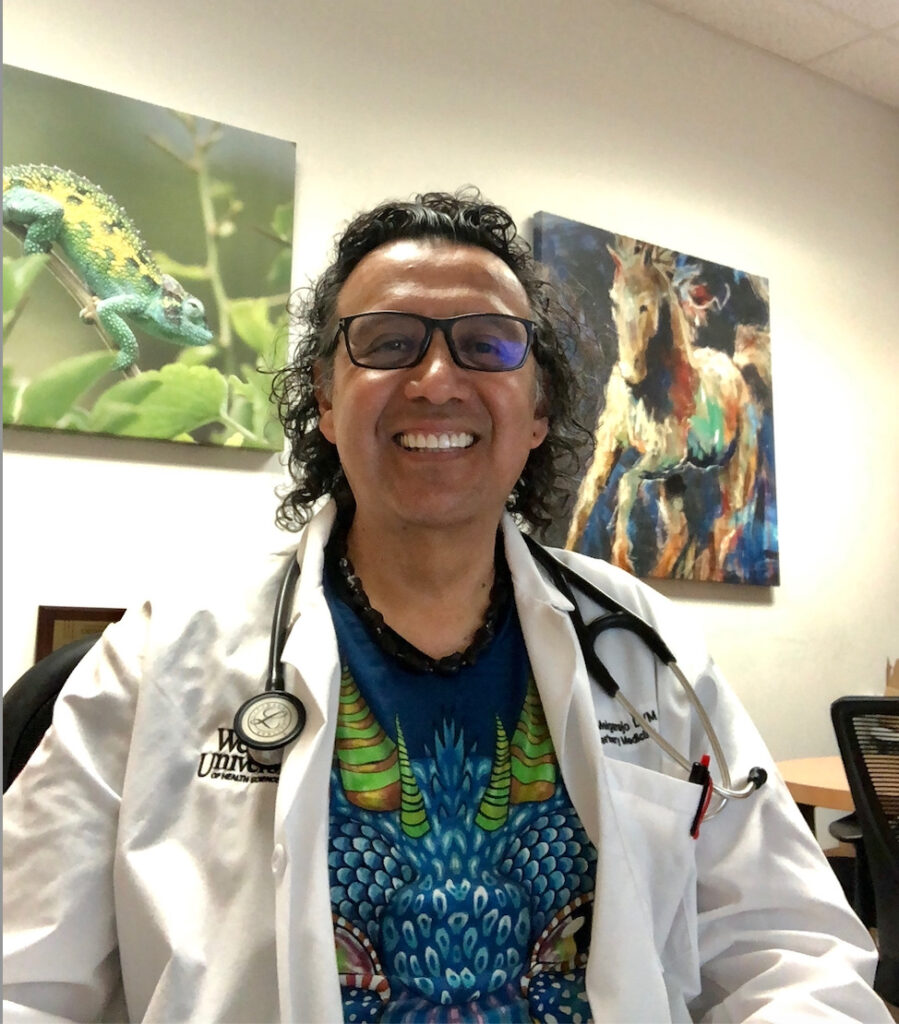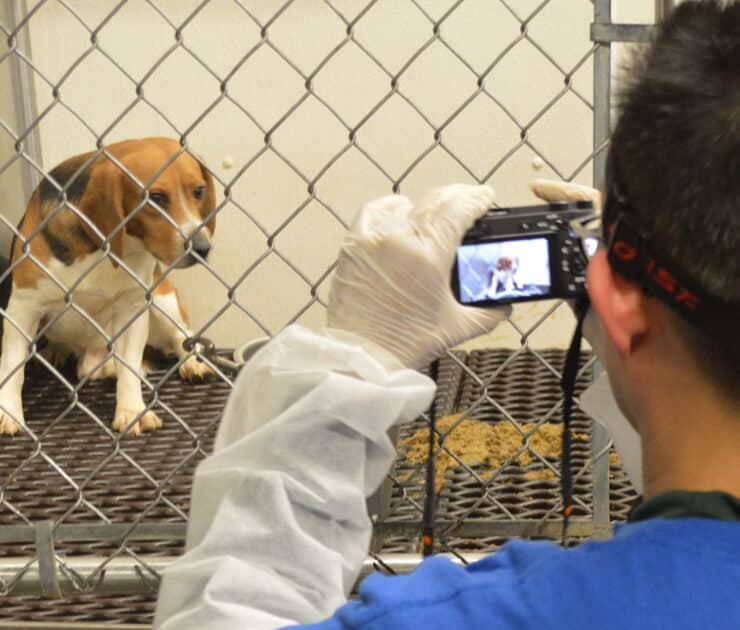New Study Says Dogs Can Live Healthy Lives When Fed a 100% Plant-Based Diet

A new study concludes dogs can maintain positive clinical, nutritional, and hematological health outcomes when fed a 100% plant-based diet that is nutritionally complete

Los Angeles, July 2, 2023 — A new study published in BioRxiv has concluded that domestic dogs maintain positive clinical, nutritional, and hematological health outcomes when fed a commercial plant-based diet for a year. Authored by an international team composed of Tonatiuh Melgarejo, Annika Linde, Maureen Lahiff, Adam Krantz, Nathan Sharp and Theros T. Ng, this study bills itself as the most comprehensive and longest known canine, plant-based nutrition (K9PBN) investigation to date. It provides clinically important evidence-based nutrition data and new knowledge on outcomes in clinically healthy dogs who thrive without the consumption of animal-derived ingredients in their food.
UnchainedTV’s Jane Velez-Mitchell had a conversation with two of its authors, Dr Tonatiuh Melgarejo and Dr Annika Linde. Also joining the “All about Dogs” broadcast was Rob Adams, representing a new, high-tech, dog tag called GPC Smart which aims to scan, identify, and reunite lost companion animals with their human guardians. You can watch the entire conversation here:
New Study: Dogs Fed a 100% Plant-Based Diet Thrive

Dr. Tonatiuh Melgarejo obtained his Veterinary Medical Degree from the National A. University of Mexico (D.V.M. 1988), M.S. in Clinical Sciences (1993) as well as his Ph.D. (1998) in Comparative Gastroenterology (Clinical Sciences and Pathobiology) from Purdue University. He has been working in academia in the US for more than 30 years. He explains what this research is all about:
“It was a feeding trial. We decided to scientifically and systematically test what the effect of a 100% plant-based diet is in dogs. And, we decided to do it with clinically healthy dogs. We didn’t use any caged dogs, we used dogs that were living in loving homes here in Los Angeles County. We had adult dogs from one year to nine years of age. All of them were being fed, at that point, a meat-based diet. We transitioned them in one week from a meat-based diet to a plant-based diet, a commercially available plant-based diet that is well-balanced. We tested that food before starting our feeding trial. Then, we followed those fifteen dogs for a year.”
Before and After Comparisons
The test the researchers did, before and after the fifteen dogs were fed a 100% plant-based diet, were comprehensive. They collected blood and urine and measured approximately 100 parameters every three months for a year. Then, they analyzed complete blood count, renal parameters, liver parameters, lipids, electrolytes, glucose, and cholesterol, as well as free amino acids in plasma and the water-soluble and lipid-soluble vitamins. In addition, they also measured some cardiac biomarkers that are associated with cardiac health in dogs. The results of the study were surprising, even to them, as Dr Melgarejo explains:
“We found out that the dogs thrive on a plant-based diet.”
Some of the parameters, such as the vitamin D levels, were better after the dogs had been fed a 100% plant-based diet.
“There is strong scientific evidence that dogs are amazing digesters of carbohydrates compared to the wolves.”— Dr. Tonatiuh Melgarejo, Veterinarian
A Complete, Commercial, Plant-Based Diet

Annika Linde, DVM, PhD, MPH, is a clinician-scientist with a specialization in cardiology, physiology, nutrition, and public health. She has over twenty years of academic work experience from different universities in the US and Europe. Dr. Linde completed her veterinary medical degree (DVM 1999) with a thesis in cardiology and a small animal medicine internship at the University of Copenhagen as well as coursework in applied canine behavior from the Institute of Ethology in Denmark. To ensure neutrality and avoid any conflict of interest, the researchers avoided any financial or promotional connection with the commercial, plant-based dog food brand they chose for the study, only naming it when asked by the interviewer. Dr. Linde explains how they chose V-Dog for the study:
“The important point here is we’re not focusing on specific ingredients, we’re focusing on whether it is nutritionally complete. We actually had a small amount, and we send it to an independent lab that had no interest in saying one way or the other. And, we went through the whole process of having an analysis to say, is this nutritionally complete for adult dogs’ maintenance? And the short answer was yes. In this instance, every single essential nutrient is from non-animal products.”
“What we need to keep in mind and not lose track of is: certain types of nutritional frameworks have been fundamentally vilified.”— Dr. Annika Linde, Veterinarian
Happily Fed, Happily Found

Science and technology are constantly improving, allowing the diets of companion animals to evolve thanks to new research and outlooks. Technology can also help us reunite lost dogs with their guardians. A new dog tag, called GPC Smart, represented by Rob Adams, a Certified Professional Dog Trainer, aims to use QR codes and other tech to improve the chances of a lost dog being reunited with his or her family. Rob explains how GPC SMART ID tags are designed to work. “The person who found the dog can just scan the QR code on the back of the tag and it’ll pop up all the contact information on the guardian.”
Each tag has a unique QR code that contains contact information regarding one pet and scanning the QR code reveals that information to the person who finds the dog. There is additional technology that GPC Smart says can reveal the tag’s location to the person searching for his or her lost animal.
This article, and the associated video interview, is for educational purposes only and should not be considered an endorsement or recommendation of any product, service or conduct.
What's Your Reaction?
Jordi Casmitjana is a vegan zoologist and author.









